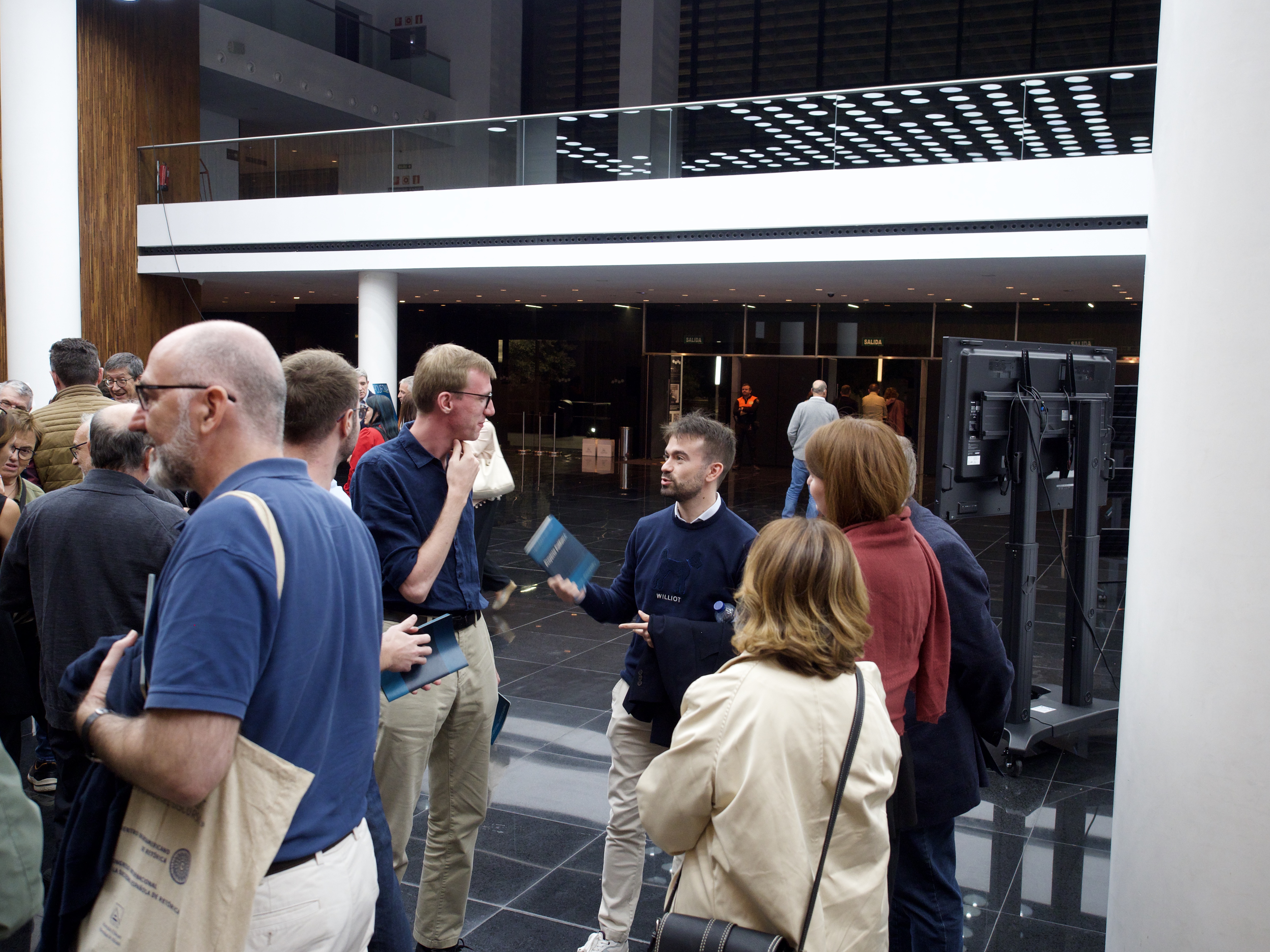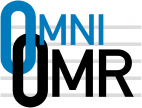


Institute of Formal and Applied Linguistics
Charles University, Czech Republic
Faculty of Mathematics and Physics
OmniOMR
An applied research project of the 2023-2030 NAKI III programme, supported by the Ministry of Culture of the Czech Republic (DH23P03OVV008).
Music, preserved through music notation, is undoubtedly a major component of Czech national identity and heritage, and while the digitization of these materials is ongoing, music notation is not processed in any way other than bibliographically in Czech libraries. The Moravian Library is the first Czech library to start transcribing the incipits (first few bars or notes) during catalogization of musical manuscripts and early prints, but existing library information systems do not support any further processing of musical information, and the musical incipit is insufficient for making the body of digitized music notation searchable. During the digitalization of music notation, only the scanned image is stored (at most, text on the page is processed with OCR). If there is music notation in a book or other unit that is not marked as a musical item, such music is not identified at all. Thus, at present, there is no way to search the music in the collections, in the manner enabled by OCR in text documents. Furthermore, there is no way to search for music (notation) in mixed media, such as periodicals.
The goal of the project is to automatically document, index, and make accessible musical cultural heritage recorded by means of music notation in Czech digital library collections. This goal requires implementing two interconnected functionalities for Czech digital library systems:
1) Search for musical notation,
2) Search in musical notation, and using musical notation.
This functionality requires automatically:
- detecting regions containing music notation in digitized documents, and classify them according to notation type;
- from the detected regions, extracting musical semantics (pitches, durations and onsets of encoded tones);
- indexing the results in a database and implementing user-friendly flexible search in notation data;
and that these capabilities are deployed and made accessible in user interfaces, which are the technological goals of the project.
News
2024-31-12. As the new year rolls in, we have released the SMASHCIMA tool on LINDAT! Check out also the demo.

2024-11-11. We have hit the 100-page mark in the OmniOMR dataset and surpassed MUSCIMA++ in symbol count. Currently the OmniOMR dataset has 101117 labels and 112942 relationships. Looking forward to continued collaboration with the team of Alicia Fornés of CVC UAB on making our datasets compatible.
2024-11-08. The SMASHCIMA tool for synthesizing handwritten music notation is close to release. This is what its outputs look like now, with only a MusicXML file as input:

2024-11-03. A paper on the development of the notation detector DEMUN has been accepted to the 6th WoRMS (this time online). Congratulations to Vojtěch Dvořák, a PMCG student who made very significant contributions to this work.
2024-10-19. First experimental results on the 2024 part of the OmniOMR dataset reached 0.98 f-score with IoU threshold 0.5. This is what an example notehead detection result looks like:

2024-10-01. And congratulations to Jiří Mayer again, this time for starting a 2-month research stay at the PRAIG group of the University of Alicante, under the mentorship of Jorge Calvo-Zaragoza. Here he is randomly photographed talking to Juan Carlos Martínez Sevilla, a colleague who traveled from Alicante to visit us in Prague in April.

2024-09-06. Congratulations to Jiří Mayer on presenting the work he led on end-to-end pianoform OMR directly with MusicXML at the ICDAR conference in Athens, Greece!
2024-06-20. Our annotation team has completed the annotation of over 70 pages with Music Notation Graphs (MuNG), amounting to over 60000 symbols. We're on track to surpass MUSCIMA++ this year, even though the going is slower than we would like. Here is an example of what MuNG annotations look like:

2024-04-22. The work led by our PhD student Jiří Mayer on end-to-end recognition of pianoform notation with linearized MusicXML, with some extra deep deep learning expertise brought by Milan Straka, has been accepted to ICDAR 2024 conference! Congratulations! We now have -- for the time being, at least -- state-of-the-art results on end-to-end recognition of pianofom notation.
2024-04-19. We had some visitors: Jorge Calvo-Zaragoza, Antonio Ríos Vila, and Juan Carlos Martínez Sevilla from the PRAIG group of the University of Alicante. We talked about collaborations, especially with respect to synthetic data. Antonio and Juan Carlos also presented their work at the first PMCG Day, as well as our PhD students Jiří Mayer and Adam Štefunko.

2023-11-15. The first Interim report has been submitted! While we didn't hit our stretch goals in data acquisition because we had to re-think our annotation infrastructure, the project is on track. Thankfully, we didn't have to make any changes to the project.
2023-11-04. Two extended abstract from OmniOMR presented at the 5th WoRMS in Milan! Congratulations especially to our student Jonáš Havelka, whose work on autoencoders for music notation symbol generation, under the supervision of Jiří Mayer, made an impression. Thanks to our presence at WoRMS, we found potential international partners for collaboration i.a. on thesis supervision and data acquisition.
2023-06-11 The OmniOMR demo API is available at https://quest.ms.mff.cuni.cz/mashcima/omniomr/api/.
2023-05-29 We are running a user study to determine UX priorities for the music search interface. If you are interested, contact Martina Dvořáková from the Moravian State Library (Martina.Dvorakova@mzk.cz).
